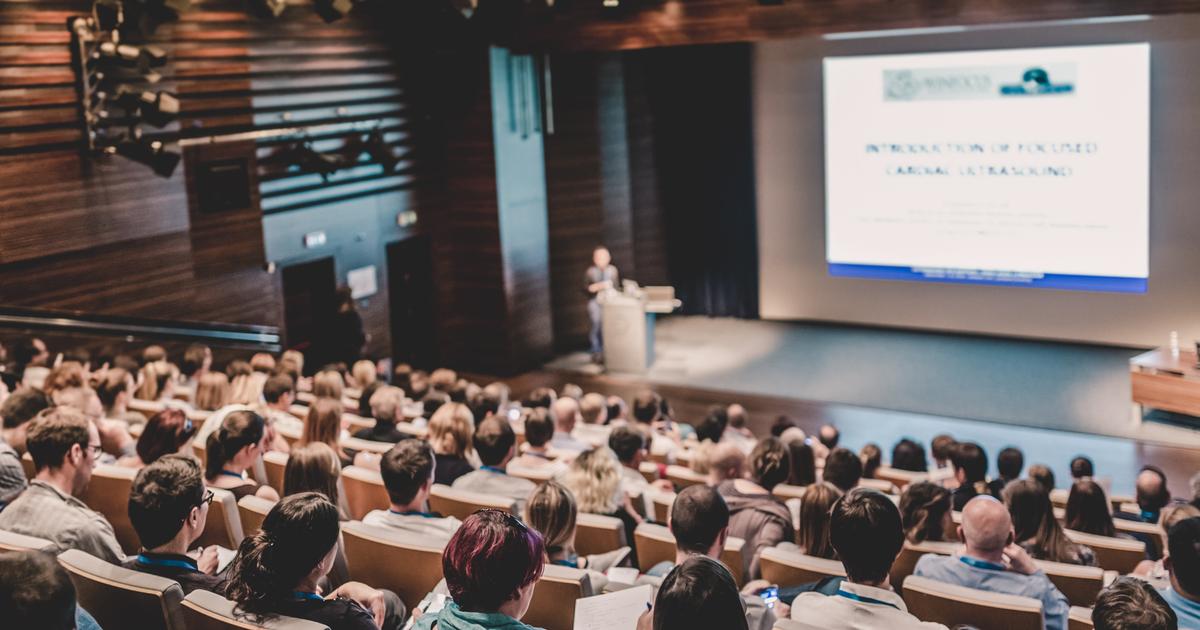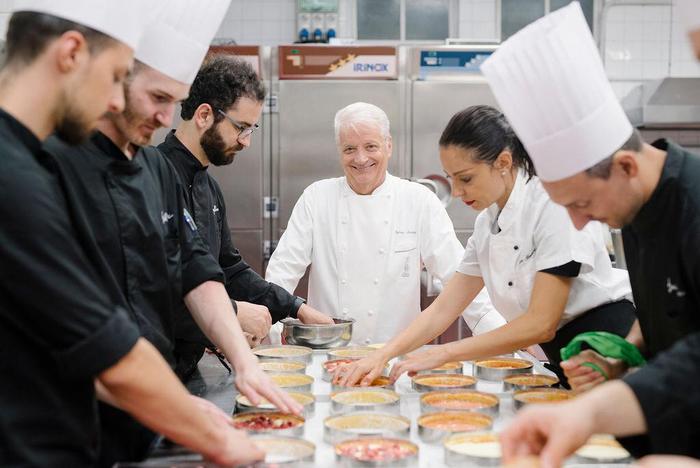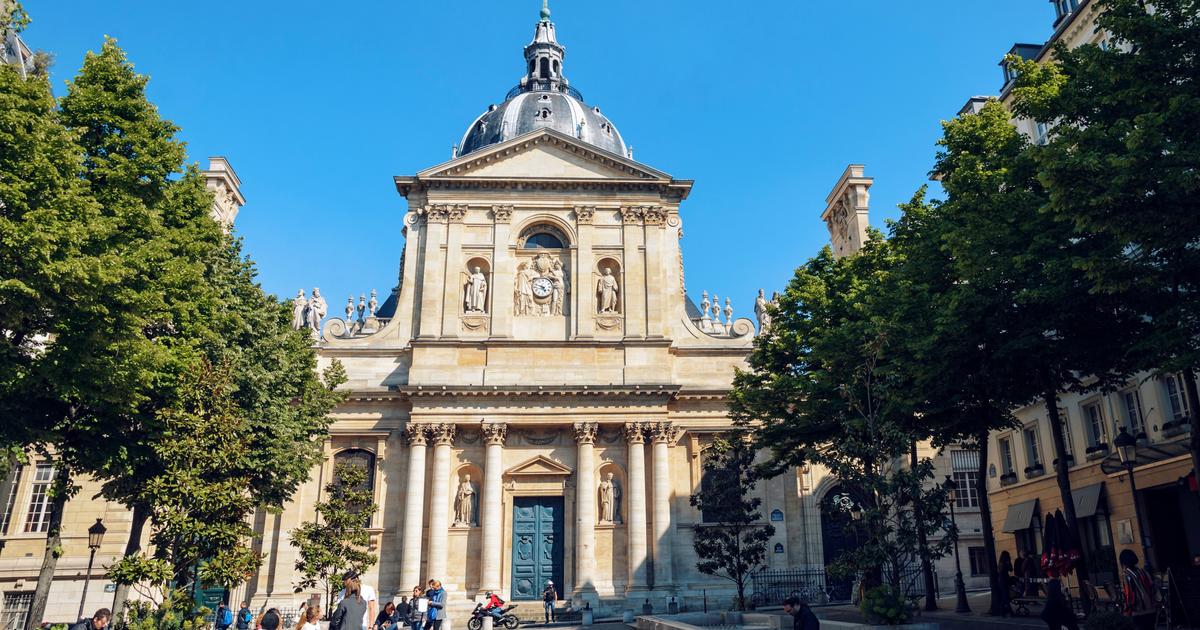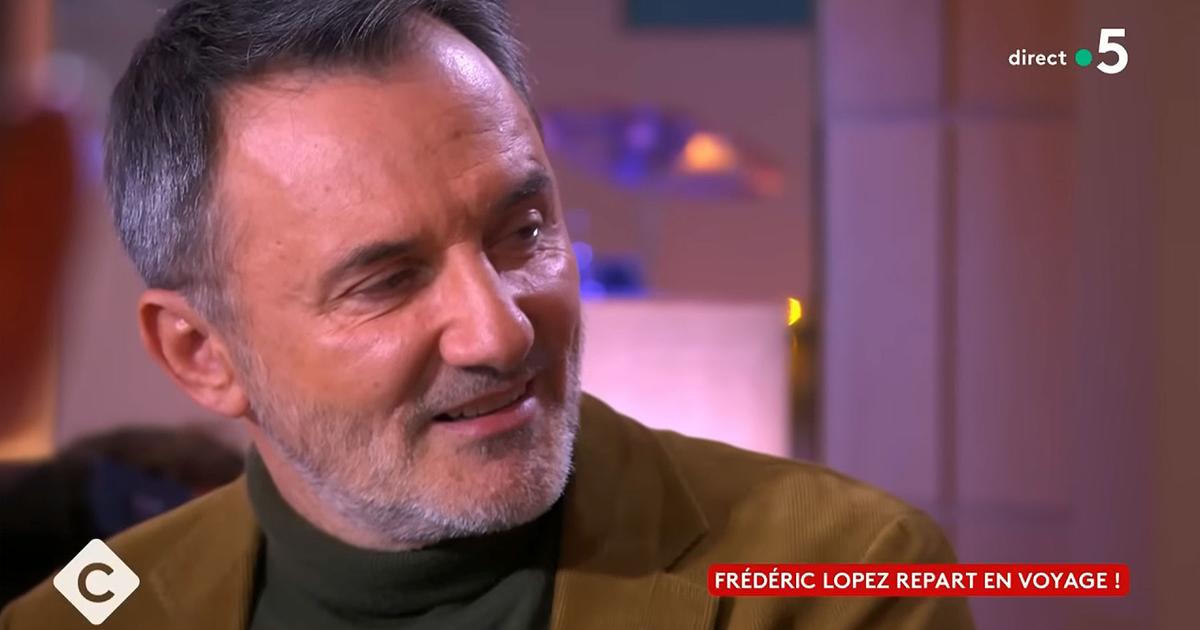Frédéric Douet is
a professor at the University of Rouen-Normandie, co-director of the master's degree in business law and taxation, and a member of the Council for compulsory levies.
Marc Nicod is a professor at Toulouse 1 Capitole University and co-director of the Notarial Law Masters.
Thanks – or rather because – of the Bologna 2 process, the architecture of French higher education has been modified since 2020, moving from deug, license, master's, diplomas of advanced studies (DEA), diploma of studies specialized higher education (DESS) and doctorate to those of license, master and doctorate (LMD).
This change has the sole virtue of meeting European standards, eager for standards of all kinds.
Above all, it has the disadvantage of forcing undergraduate students to pass under the caudine forks of selection when entering master 1, with the risk of being left out for good.
A law student, whose average is around 11/20, today has virtually no chance of gaining access to a master's degree, a course which generally has a capacity of 20 to 30 places.
Frederic Douet and Marc Nicod
The phenomenon is particularly noticeable in law faculties, where there are often a large number of bachelor's degrees and the possibilities of integrating a master's degree are necessarily limited.
A law student, whose average is around 11/20, today has virtually no chance of gaining access to a master's degree, a course which generally has a capacity of 20 to 30 places.
And even if our student has achieved once or twice during his six semesters of license an average of 12/20, which usually earns him a mention fairly well, he is by no means guaranteed to be treated better. .
The selection at the entrance to master 1 constitutes an obstacle that too many students do not manage to overcome.
This shock test ("crash test") is all the more violent as they are, at the same time,
psychologically diminished following successive confinements and confronted for the first time with a selective procedure, which prohibits them from entering the next year.
The massacre of primary and secondary school is a social crime whose agony, for the greatest number, ends in license 3.
Concretely, students who have been refused in at least five masters compatible with their license can assert their right to continue their studies with the rectorate.
Frederic Douet and Marc Nicod
Added to this is an ubiquitous procedure that the administration loves to the detriment of students and master's directors, illustrating that it is not only in hospitals that the body manages to create the function.
Let us cite pell-mell, without claiming to be exhaustive, the obligation to issue an opinion even before knowing if the students have validated their license 3;
taking into account transcripts that are not harmonized between universities, some of which are simply incomprehensible;
the lack of agreement between the establishments on a common timetable and,
last but not least
, the "right to pursue master's studies".
Concretely, students who have been refused in at least five masters compatible with their license can assert their right to continue their studies with the rectorate.
The administration then has the power to impose the presence of these students in a master whose reception capacity has not been reached.
The situation is all the more paradoxical when we know that many students multiply their applications excessively.
In law, for example, there are frequently more than a thousand applications for the most popular master's degrees, in particular in criminal law, notarial law, business law or taxation.
A student refused in ten, even fifteen masters, has despite this, at least in theory, the right to be seated in a master next to deserving and duly selected students.
The best solution would be to go back to the selection at the entrance to the master 2. You don't train a lawyer in three years and there were once many students who, after having painstakingly obtained their license, flourished in the fourth year.
Frederic Douet and Marc Nicod
The observation that is essential in the faculties of law is that the balance sheet of the LMD reform is not satisfactory for anyone.
The students understood this well.
Proof of this is the hashtags “ÉtudiantsSansMaster” or “LibreM1” which are currently flourishing on social networks.
The best solution would be to go back to the selection at the entrance to the master 2. You don't train a lawyer in three years and there were once many students who, after having painstakingly obtained their license, flourished in the fourth year.
The undergraduate years are years of discovery and learning the methodology.
Most of the truly operational and specialized subjects are only taught from Master 1. It is only at this stage that students begin to be really confronted with reality,
The choice of the selection in license 3 or in master 1 should not have been left to technocrats above ground showing an unfailing followership with regard to European standards.
This matter is above all that of law students and teacher-researchers.
At present, it seems urgent to return, before it is too late, to the selection at the entrance of the master 2.









